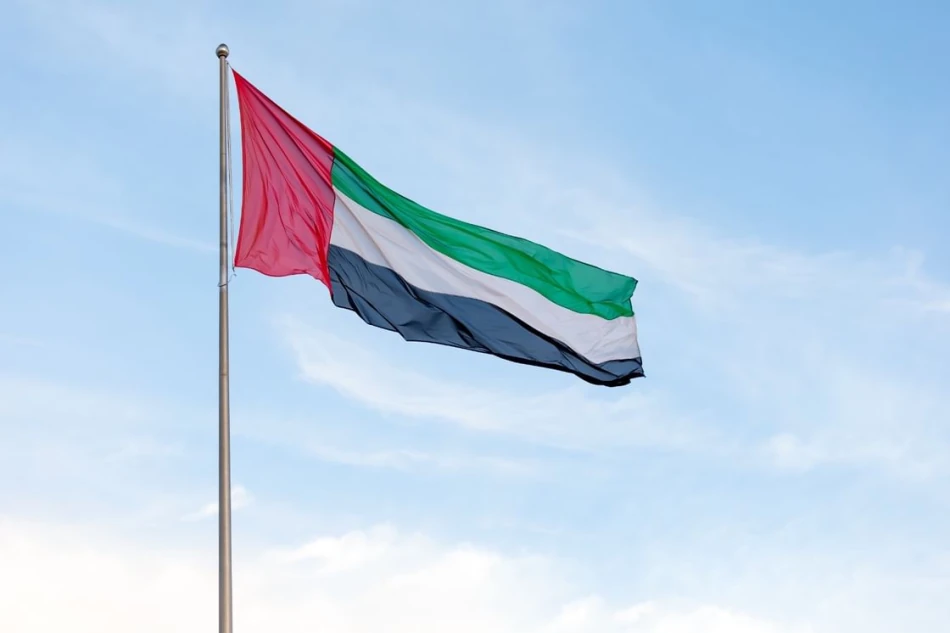
UAE Tops Global Haleon Health Inclusion Index, Leading the Way in Accessible Healthcare
UAE Leads Global Health Inclusion Rankings, Proving Prevention Pays Billions
The United Arab Emirates has claimed the top spot worldwide in health awareness programs, community engagement in health policies, and quality of life improvements, according to the newly launched Health Inclusion Index by Haleon and Economist Impact. The achievement underscores how strategic investment in preventive healthcare can deliver massive economic returns while positioning nations as global health leaders.
A New Benchmark for Health System Performance
The Health Inclusion Index represents a comprehensive evaluation tool comparing 40 countries across 58 sub-indicators spanning health literacy, awareness, inclusion, and equity. The UAE's top ranking reflects its systematic approach to building preventive and comprehensive healthcare systems that prioritize community engagement over reactive treatment models.
Beyond the overall victory, the UAE secured second place globally in comprehensive health system implementation and ranked among the top five countries for person-centered healthcare. Most notably, the nation achieved 10th place in health literacy—a metric that has surged 30% over the past three years through targeted awareness campaigns, improved access, and cross-sector partnerships.
The Economic Case for Health Inclusion
The index reveals compelling financial incentives for countries to prioritize health inclusion. According to the report, reducing health literacy gaps by just 25% could save $2.3 billion annually worldwide, while poor health literacy drives individual healthcare costs up by 2.8 times the average.
Specific Savings Opportunities
The data points to immediate economic benefits across multiple health areas. Improving oral health literacy alone could save $572 million in lifetime dental decay costs, while the current productivity losses from dental issues exceed $175 million annually due to over 8.2 million lost work hours.
For women's health, addressing anemia in women of reproductive age could generate approximately $336 million in annual healthcare savings. Meanwhile, better management of gum disease is projected to reduce Type 2 diabetes costs by more than $809 million over a decade—highlighting the interconnected nature of health conditions and their economic impact.
Regional Leadership in a Competitive Landscape
The UAE's achievement positions it ahead of traditional healthcare leaders and reflects the broader Gulf region's pivot toward health innovation. This success builds on the country's substantial healthcare investments during the COVID-19 pandemic and aligns with its Vision 2071 goals of becoming a global hub for health and wellness.
The timing is particularly significant as governments worldwide grapple with rising healthcare costs and aging populations. The UAE's model demonstrates how emerging economies can leapfrog traditional healthcare approaches by prioritizing prevention and community engagement over expensive treatment-focused systems.
Investment Implications and Market Opportunities
For investors and healthcare companies, the UAE's top ranking signals a mature, well-regulated market with strong government backing for health innovation. The emphasis on preventive care and health literacy creates opportunities in digital health platforms, wellness technologies, and community health programs.
The country's success also validates the business case for health inclusion investments. As Dr. Amniat Al-Hajri from Abu Dhabi Public Health Center emphasized, the preventive approach represents a fundamental shift toward building sustainable health systems that deliver both social and economic returns.
A Blueprint for Global Health Strategy
The Health Inclusion Index launch represents the first phase of a multi-stage effort to integrate inclusion and health literacy concepts into regional healthcare strategies. This systematic approach offers a replicable model for other nations seeking to balance health outcomes with economic efficiency.
As Gerard Donleavy from Economist Impact noted, health literacy and inclusion serve as key factors supporting countries' economic strength. The UAE's top ranking proves that strategic investment in health inclusion delivers measurable returns through reduced costs, increased productivity, and more resilient, prosperous communities.
The index establishes a new standard for measuring health system success—one that prioritizes community engagement and preventive care over traditional metrics focused solely on treatment capacity and medical infrastructure.
Most Viewed News

 Sara Khaled
Sara Khaled






